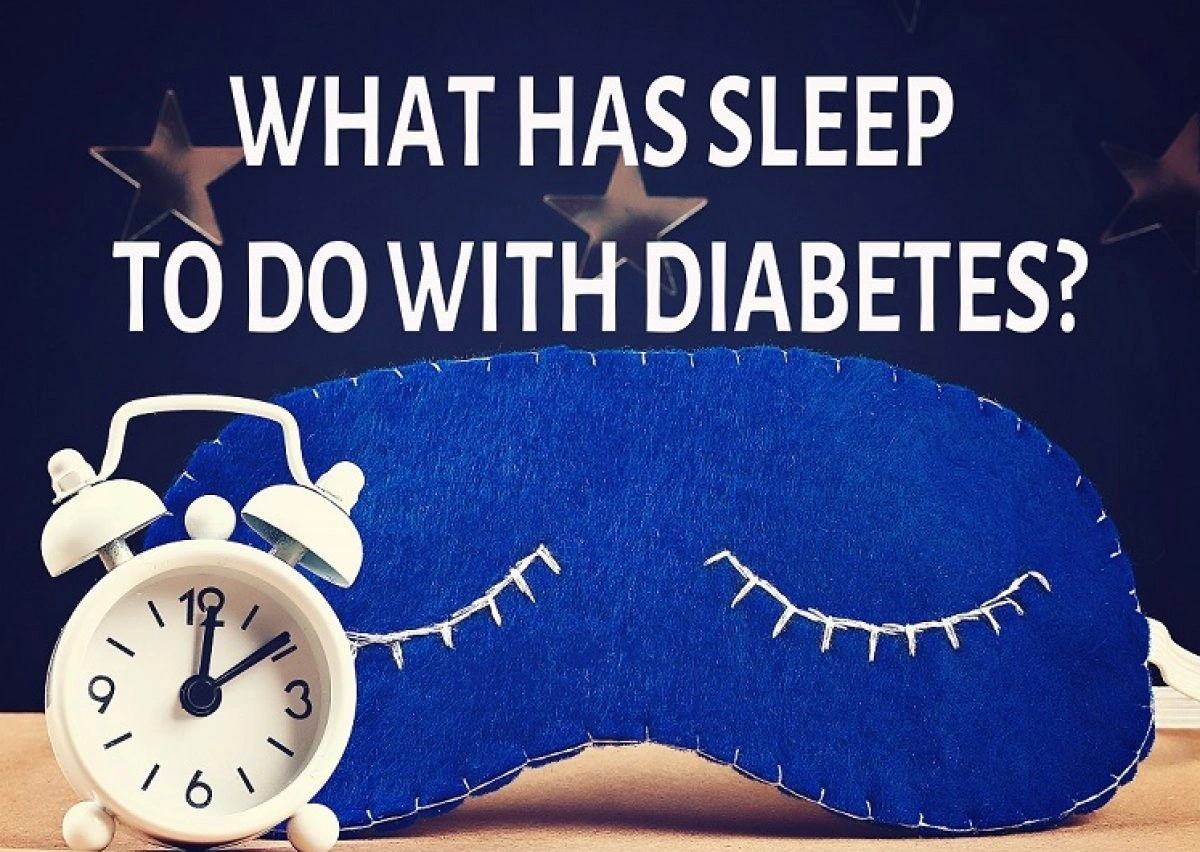People who have diabetes often have poor sleep habits, including staying asleep or difficulty falling asleep. Some people with diabetes get too much sleep or lack of sleep. It is estimated that one in two people with type 2 diabetes have sleep problems. Having diabetes doesn’t necessarily mean that your sleep will be impacted. It’s more a matter of what symptoms you experience and how you manage them.
FACTORS AFECTING DIABETES AND SLEEP
There are several cause of sleep problem for diabetic people like obstructive sleep apnea, pain or discomfort, restless leg syndrome, frequent nighttime urination, dehydration, hyper and hypoglycemia.
SLEEP APNEA: Mainly found in people who are obese or over weight, sleep apnea is a disorder in which a person momentarily stops breathing at recurring intervals throughout the night. These lapses in breathing cause very brief awakenings that interfere with the natural sleep stages and impair sleep quality. Researchers have found a possible link between sleep apnea and the development of diabetes and insulin resistance.
PERIPHERAL NEUROPATHY: Another cause of sleep deprivation is peripheral neuropathy or damages to the nerves in the feet and legs. This damage causes loss of feeling in the feet or symptoms such as tingling, numbness, burning and pain.
RESTLESS LEG SYNDROME: is a specific sleep disorder that causes and irresistible or intense urge to move your legs. This sleep order is often accompanied by tingling, pulling or pain making it difficult to fall or stay asleep.
FREQUENT NIGHTTIME URINATION: High blood sugar levels can cause frequent urination. High blood sugar levels at night lead to frequent urination which in turn disturbs your sleep routine. Also having a urine infection can lead to frequent nighttime urination.
DEHYDRATION: when your body has extra glucose it draws water from your tissues making you feel dehydrated prompting you to quench your thirst at regular intervals.
HYPOGLYCEMIA: Low blood sugar levels overnight can disrupt your sleep pattern and lead to difficulty waking up in the morning or tiredness throughout the day.
STRESS: Stress can significantly affect your ability to control the disease. If you are under stress you may skip your meals or forget to take your medications which will affect your blood sugar levels.
HOW CAN I IMPROVE MY SLEEP?
Careful management of blood sugar levels can help improve sleep for people with type2 diabetes.
In addition to medications, recommendations to improve sleep include
- Stick to a diet plan that works best for you and helps keep blood sugar in control.
- Regular exercise
- Learn relaxation and breathing techniques.
- Avoid caffeine and alcohol consumption in the evening.
- Keeping the bedroom dark, quiet and cool.
- Stick to a regular bedtime routine.
- Read a book before sleeping.
- Avoid use of mobile phones just before 2 to 3 hours of sleep.
THE BOTTOM LINE
See your doctor if you have persistent sleep problems. Not getting it treated can become difficult to conduct daily activities. In short term, consider one or more lifestyle changes to improve the quality of sleep.
One small change can make a big difference.




